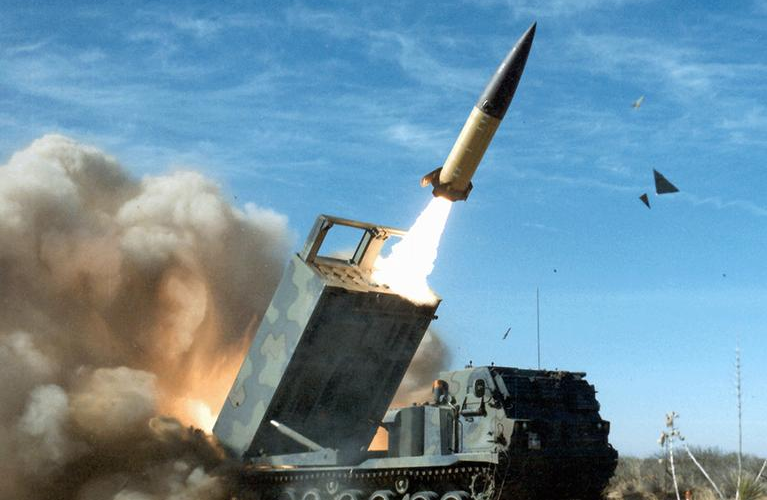Long-range US missiles will be periodically deployed in Germany starting in 2026, marking the first such deployment since the Cold War. The decision, announced at NATO’s 75th anniversary summit, has provoked a sharp response from Moscow.
The US and Germany stated that the Tomahawk cruise, SM-6, and hypersonic missiles to be deployed have a significantly longer range than existing missiles. These missiles would have been prohibited under the 1988 Intermediate-Range Nuclear Forces (INF) Treaty between the US and the former Soviet Union. However, the treaty dissolved five years ago after mutual accusations of violations.
Russian Deputy Foreign Minister Sergei Ryabkov warned of a “military response to the new threat,” accusing NATO and the US of escalating tensions and attempting to intimidate Russia.
The joint US-German statement emphasized that the “episodic” deployment of the missiles would initially be temporary but could become permanent. This move is part of the US’s commitment to NATO and Europe’s “integrated deterrence.”
German Defence Minister Boris Pistorius, speaking at the NATO summit in Washington, explained that the US plan aims to encourage Germany and other European countries to invest in developing and acquiring their own longer-range missiles. He noted that the temporary deployment of US weapons would provide NATO allies time to address a growing capability gap in Europe.
The deployment comes after the collapse of the INF Treaty, which banned ground-launched missiles with ranges between 500 and 5,500 km (310-3,400 miles). The treaty’s dissolution followed accusations from the US in 2014 that Russia had violated the pact with a new type of nuclear-capable cruise missile. The US formally exited the treaty in 2019, with Russia following suit.
The decision to allow US missiles on German soil has faced criticism from politicians within Germany’s Greens, a party in Chancellor Olaf Scholz’s ruling coalition. Sara Nanni, the Greens’ spokeswoman on security, expressed frustration over Scholz’s lack of communication about the decision, warning that it could increase public fears and provide opportunities for disinformation and incitement.








